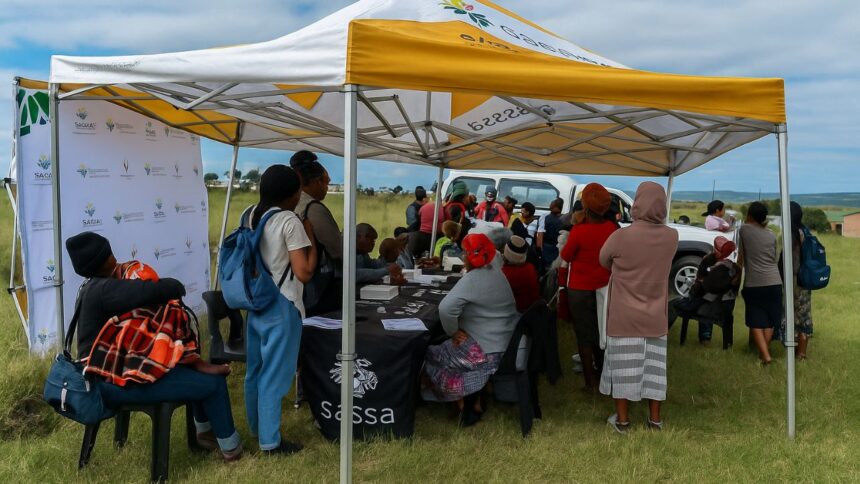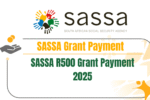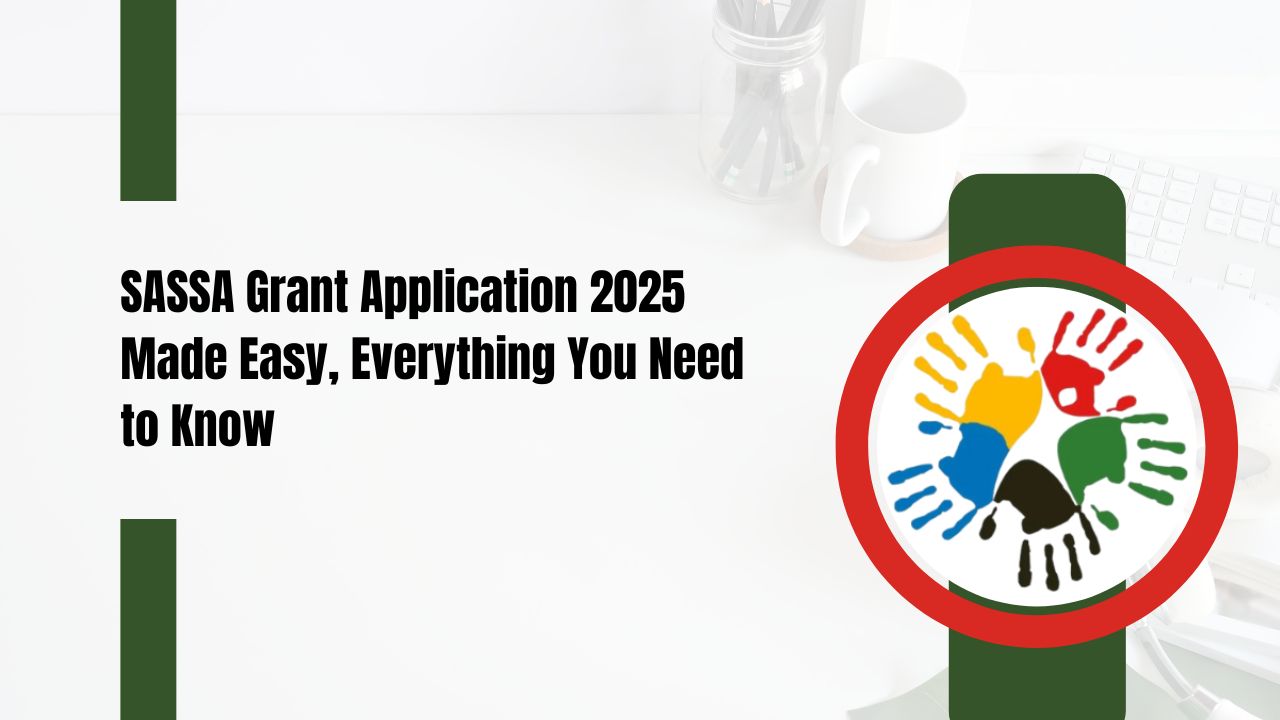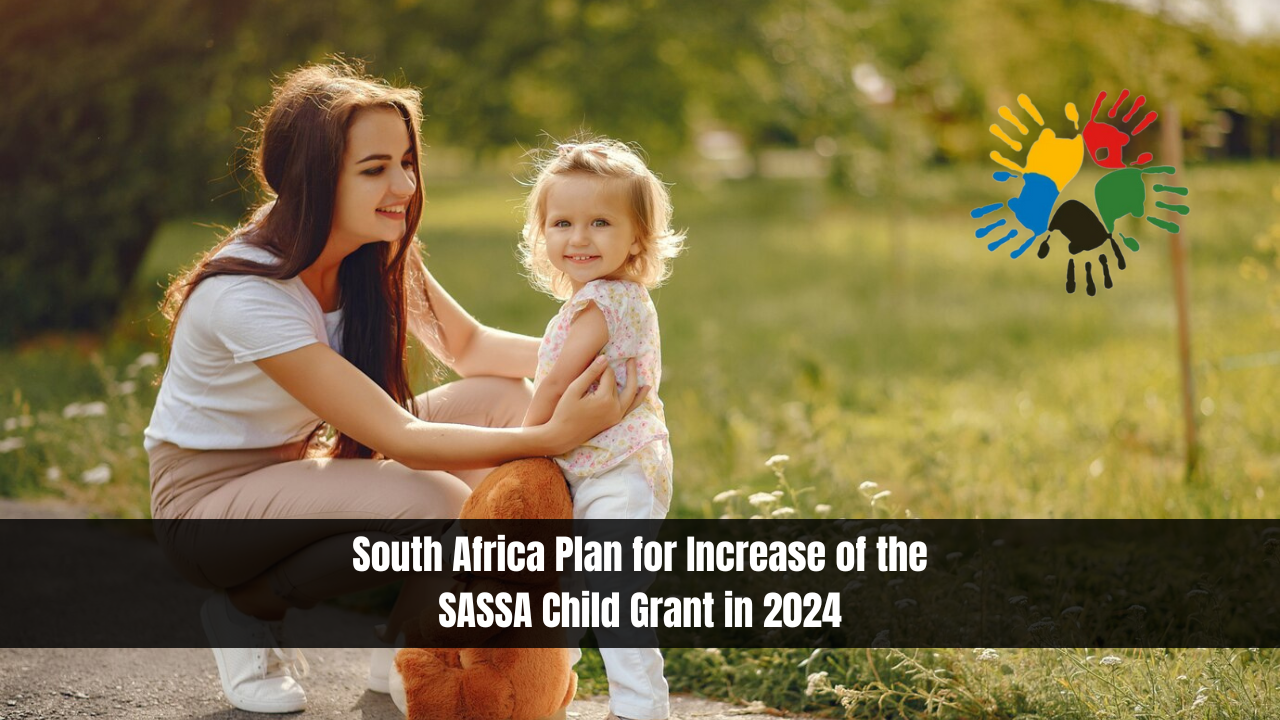Massive Relief for SASSA Families: Water Tankers and R300 Monthly Energy Support Rolled Out Across Rural Villages. South African communities are set to benefit from a life-changing initiative as the South African Social Security Agency (SASSA) launches a much-needed support programme for vulnerable families in rural areas. The announcement brings massive relief for SASSA families, promising water tankers for drought-affected villages and R300 monthly energy support to ease the burden of energy costs.
This move aligns with government efforts to tackle poverty, inequality, and infrastructure gaps in remote regions. The aim is not just to deliver immediate aid but to improve long-term quality of life for families struggling with basic services.
Understanding the SASSA Rural Relief Initiative
Water Tankers to Ensure Consistent Supply
One of the most pressing concerns in rural South Africa is the ongoing water scarcity caused by persistent droughts and failing infrastructure. In response, SASSA’s water tankers initiative seeks to provide direct access to clean and safe water for household use and small-scale farming.
This intervention is critical in areas where families must travel long distances to fetch water, sometimes from unsafe sources.
Benefits of Water Tanker Delivery:
- Access to clean and safe drinking water
- Relief from the physical burden of collecting water
- Reduction in waterborne diseases
- Improved public health outcomes
- Boost to local agricultural productivity
- Support for community boreholes and water points
- Integration into local water management systems
- Ongoing collaboration with municipal authorities for maintenance
R300 Monthly Energy Support: Fighting Energy Poverty
In addition to water, the R300 energy support is a monthly subsidy aimed at reducing energy poverty for SASSA-recipient households. Many rural families depend on costly and often harmful sources like coal and firewood for lighting and cooking.
By offering this monthly stipend, SASSA hopes to make clean energy alternatives more affordable and promote sustainable practices.
Benefits of Monthly Energy Subsidy:
- Reduction in household energy bills
- Lower health risks from indoor smoke
- Enhanced study conditions for children
- Powering of home-based businesses
- Encouragement of solar and clean energy use
- Empowerment of rural communities toward energy independence
Who Qualifies for the SASSA Water and Energy Relief Programme?
The programme specifically targets existing SASSA beneficiaries, particularly those living in rural and underdeveloped areas. The focus is on families who experience severe challenges related to water and energy access.
Below is a detailed table outlining the eligibility criteria:
| Criteria | Details | Notes |
|---|---|---|
| SASSA Beneficiaries | Registered recipients of SASSA grants | Must already be in the SASSA system |
| Rural Residency | Must reside in designated rural areas | Verified through local municipal records |
| Water Scarcity | Households in areas with water shortages | Identified via official environmental surveys |
| Energy Needs | High household energy expenditure | Determined by income and living conditions |
| Community Participation | Engaged in local support programmes | Endorsed by community leadership |
| Government Approval | Approved through government departments | Final processing by SASSA and local authorities |
Community Reactions and Positive Outlook
The response from rural communities has been overwhelmingly positive. For many families, this initiative is more than just a programme—it’s a lifeline. With water and energy being central to everyday life, access to both can open up new opportunities in education, healthcare, and local enterprise.
Community Highlights:
- Local leaders applaud the government’s proactive response
- Families anticipate reduced financial stress
- Hopeful projections for better hygiene and sanitation
- Farmers expect higher agricultural yields
- Plans emerging for community-run water systems
Implementation Challenges and Considerations
While the initiative is welcomed, the implementation phase is expected to face logistical and administrative hurdles. Delivering services across remote areas demands careful coordination between SASSA, municipalities, and community stakeholders.
Key Challenges:
- Transporting and maintaining water tankers
- Ensuring fair and transparent distribution
- Monitoring usage and preventing mismanagement
- Funding consistency to maintain the programme
- Sustained engagement with local governance structures
To counter these issues, SASSA has committed to deploying field teams, enhancing communication with community leaders, and conducting regular progress evaluations.
Future of SASSA Support: A Broader Vision
This initiative is a stepping stone in a much broader plan to uplift disadvantaged areas across South Africa. By addressing basic human needs, the government sets the stage for inclusive development and economic participation for rural communities.
- Expansion to additional rural districts
- Integration with education support schemes
- Ties with mobile health outreach programmes
- Promotion of job creation through sustainable farming
- Collaboration with NGOs and international development partners
- Annual assessments to ensure programme relevance
Conclusion
The SASSA water tanker and R300 energy support initiative is not just about meeting today’s needs—it’s about investing in a better tomorrow for South Africa’s most vulnerable. By improving access to essential services, the government and SASSA are paving the way for healthier, more resilient, and economically active communities.
This massive relief for SASSA families underscores the importance of inclusive policy-making that targets the real needs of the people. As implementation unfolds, the hope is that this initiative will grow into a model of rural empowerment nationwide.










